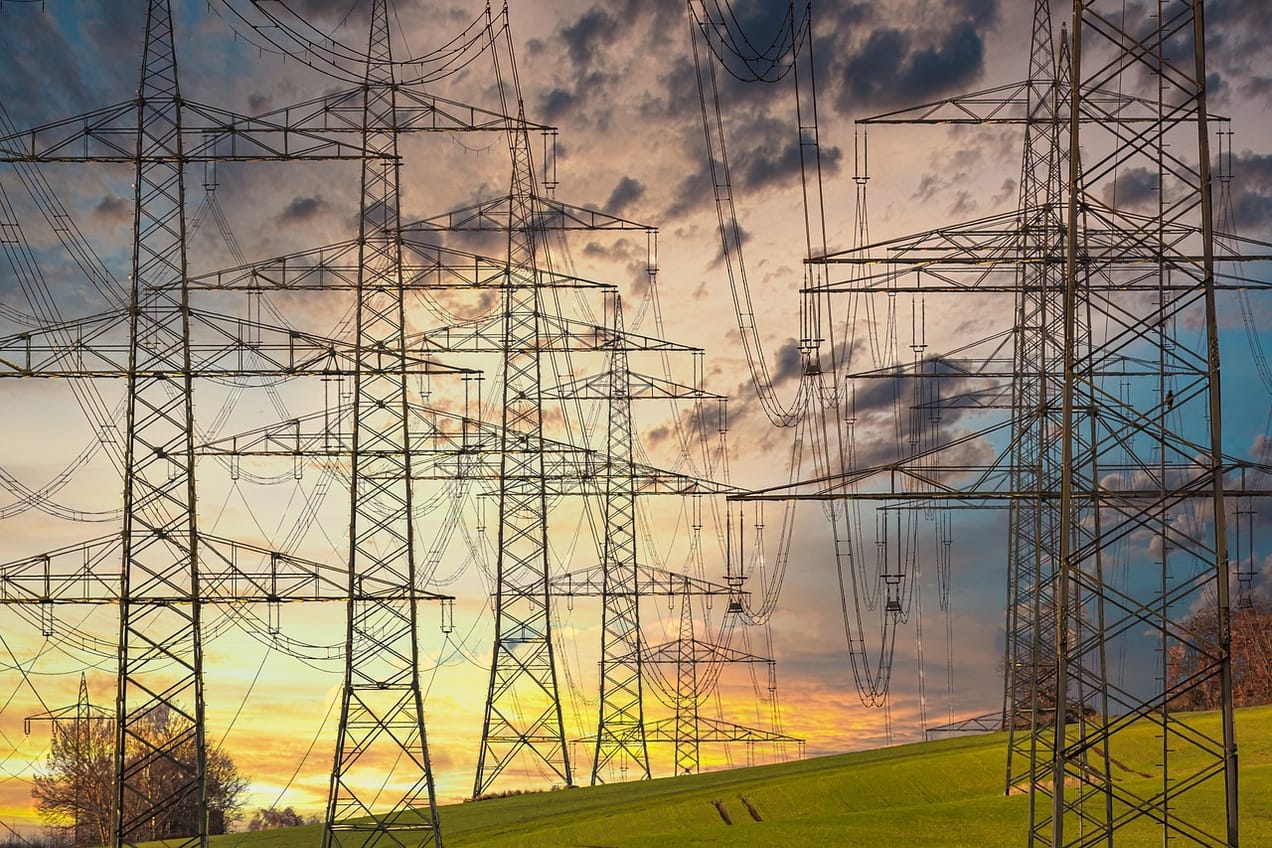
France car parks and PV
France wants all of its larger carparks, new and existing, to have rooftop solar. If we take the plan a bit further, we could see the potential to power local residential building cooling and EV charging.
Summary: France wants all of its larger carparks, new and existing, to have rooftop solar. The plan, which targets large parking areas around commercial centers and train stations, could generate up to 11 gigawatts, equal to 10 nuclear plants.
Why this is important: Much of the new renewable generation will be utility scale but planning delays and grid connection are still challenges to be overcome. Alternative approaches include small scale roof top solar and mid-scale district-based systems. For these, the ability to easily connect to the grid, or even better generate electricity that can be used locally, will help to accelerate rollout.
The big theme: By some calculations, we need to expand wind and solar installed capacity by between 5x and 15x in short order if countries net zero targets are to be met. This is a rate c. 3-4x faster than we are currently achieving. In many scenarios, solar will be the cheapest renewable source of supply, and as a result we are seeing increasing measures to encourage its more rapid build out.

The details
Summary of a story from electrek
France wants all of its larger carparks, new and existing, to have rooftop solar. New legislation, recently approved through the Senate will require all parking lots with spaces for at least 80 vehicles to be covered by solar panels. Large carparks, so over 400 spaces, will have to comply with the measures by July 2026. Smaller carparks - between 80 & 400 spaces, have been given an extra two years. HGV carparks, and those in historic or protected areas are excluded.
According to the government, this plan, which particularly targets large parking areas around commercial centers and train stations, could generate up to 11 gigawatts, which is the equivalent of 10 nuclear reactors, powering millions of homes. Future iterations of the bill will likely detail how this plan will be funded and what the penalties would be for lack of compliance. The plan also includes measures to encourage building large solar farms on vacant land found alongside highways and railways.
Let's take a look at why this is important...
Let's start with the easy bit, we need more solar, a lot more. And building it on car parks largely gets around the planning, permitting and connection issues faced by more remote utility scale projects. So, it's a good policy in principle.
Now a harder question - do the numbers stack up? Dylan Ryan, from Edinburgh Napier University ran the numbers - and the short answer is not really. For an output of 11 gigawatts, he calculated you’d need to cover about 7.7 million car parking spaces. Which looks to be more than are available. He however suggests we turn the question around. If we think of carparks as an example of urban land on which it's easy to build solar, then we get a very different answer. It's worth reading his analysis, but he estimates that to generate the scale of renewable electricity targeted, panels need only cover 0.5% of French urban land, or about 0.07% of France’s total area. Which is where the move to build alongside railways and main roads comes in.
What then can we do with this electricity? One obvious answer is to inject it into the grid. We suggest though thinking a bit more laterally is a good idea. So, think for instance building cooling in the summer, which is a rapidly growing electricity demand source (up 212% from 2010 to 2019). Plus, EV charging, which we wrote about recently. At the risk of stating the blindly obvious, cars sit stationary in car parks, often for hours. So why not provide charging services, powered by the electricity generated from above you.
And adding in services can solve the funding question. A company such as LightSourceBP (lots of other providers are also available), has experience in building and operating MW scale projects, plus their parent company has an interest in EV charging through its bppulse subsidiary (again other charging companies are available). We are not advocating BP as a partner, it's just to illustrate that providers of service turnkey solutions do exist.
Something a little more bespoke?
Get in touch if there is a particular topic you would like us to write on. Just for you.
Contact us
Please read: important legal stuff.

